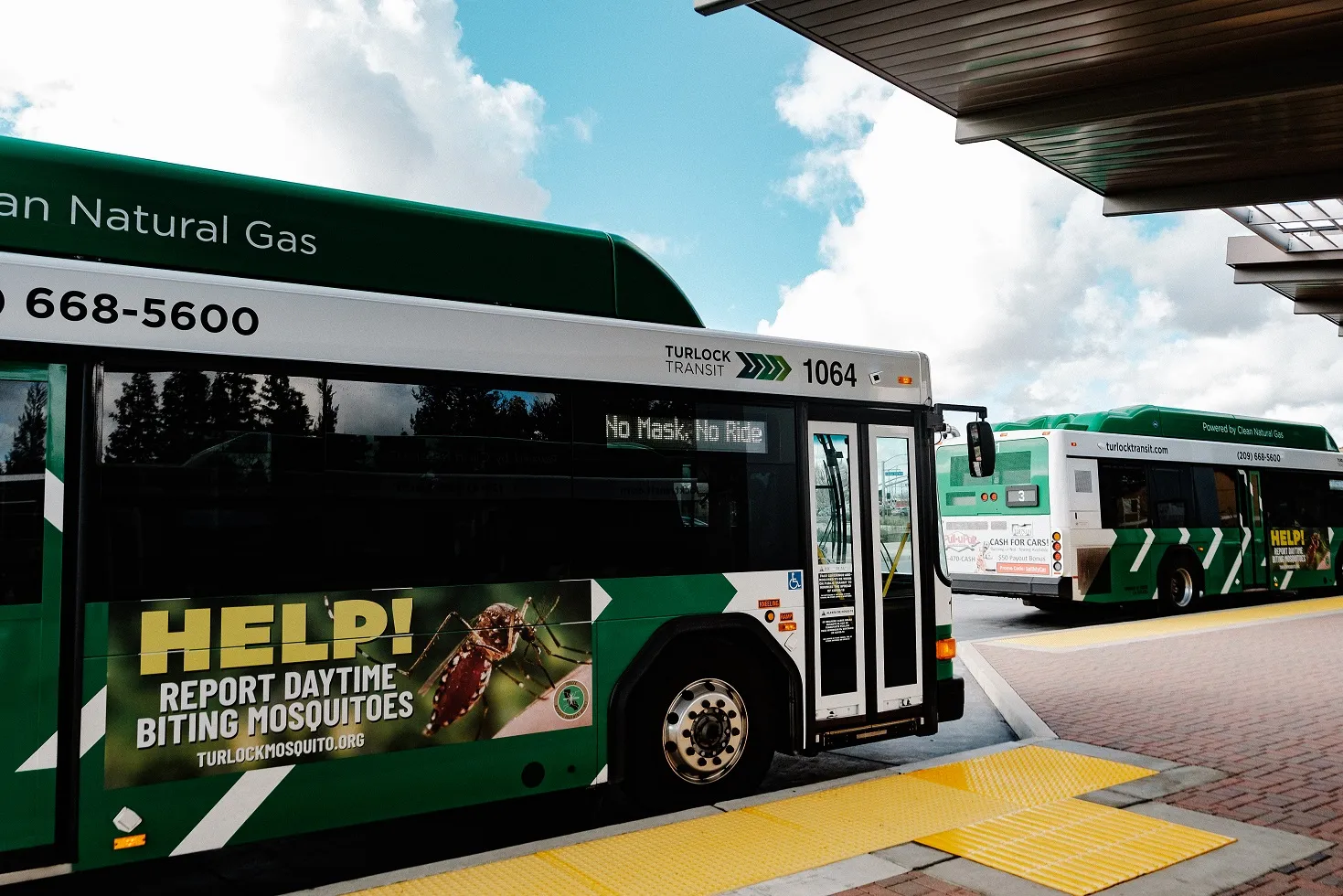
The Massachusetts Department of Transportation (MassDoT) has released a dashboard that allows commuters to monitor data collected to understand the effects of coronavirus on transportation.
Stephanie Pollack, CEO at MassDoT, says the MassDoT Mobility Dashboard is one of the ways the department is compiling and monitoring transportation data.
“Having one central location to access and analyse the impacts of Covid-19 increases public accessibility,” Pollack adds.
MassDoT says it is continually monitoring the impacts of Covid-19 on roads, transit services and registry transactions.
MassDoT communications manager Klark Jessen describes the dashboard as an interactive round-up of key indicators that reflect how people are travelling. This data is updated weekly with the most recent update displayed at the top of the page, Jessen adds.
“The MassDoT Mobility Dashboard succinctly organises a variety of multimodal data about movement in the commonwealth that covers a wide range of topics all in one place,” Jessen continues. “Topics include traffic volumes, transit revenue, safety and more.”
Elsewhere in the US, the State of Vermont Agency of Transportation has prepared four data sets that demonstrate changes in transportation data during the Covid-19 response period.
Additionally, the Washington State Department of Transportation has developed a similar dashboard to provide information about the impact pandemic-related closures are having on multimodal transportation.










